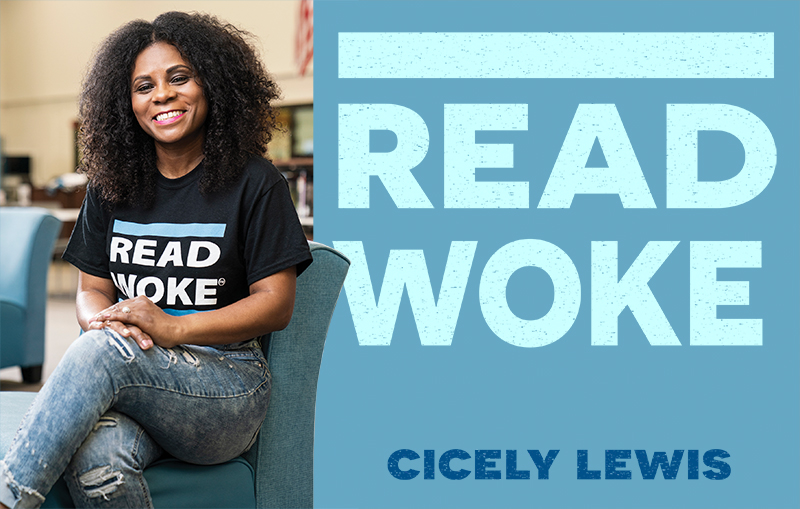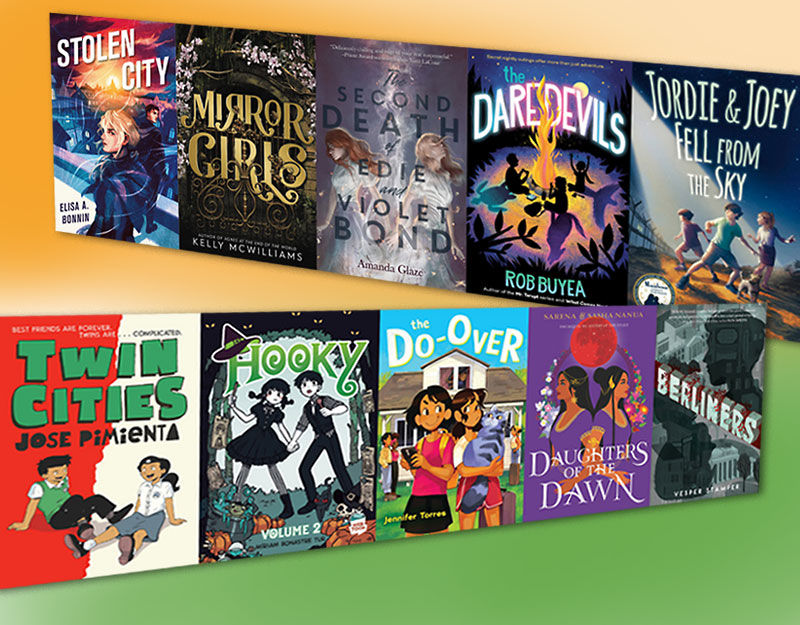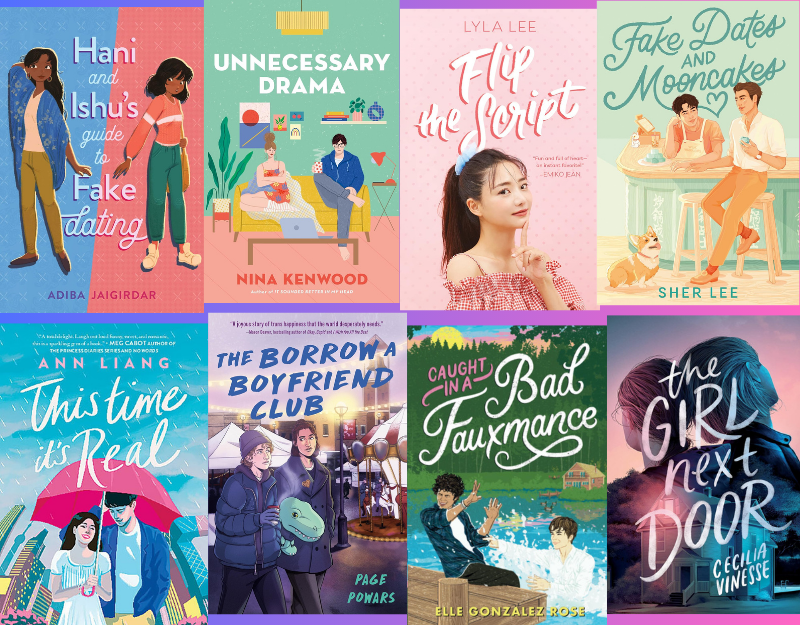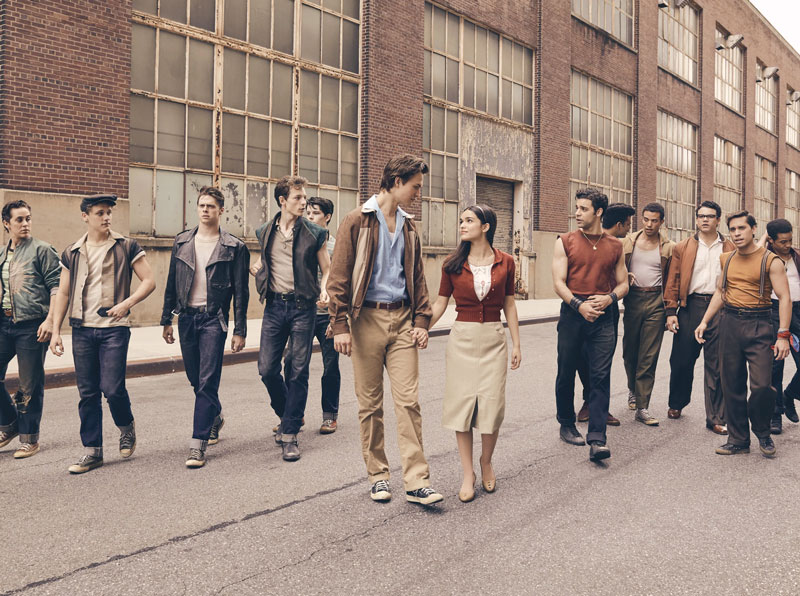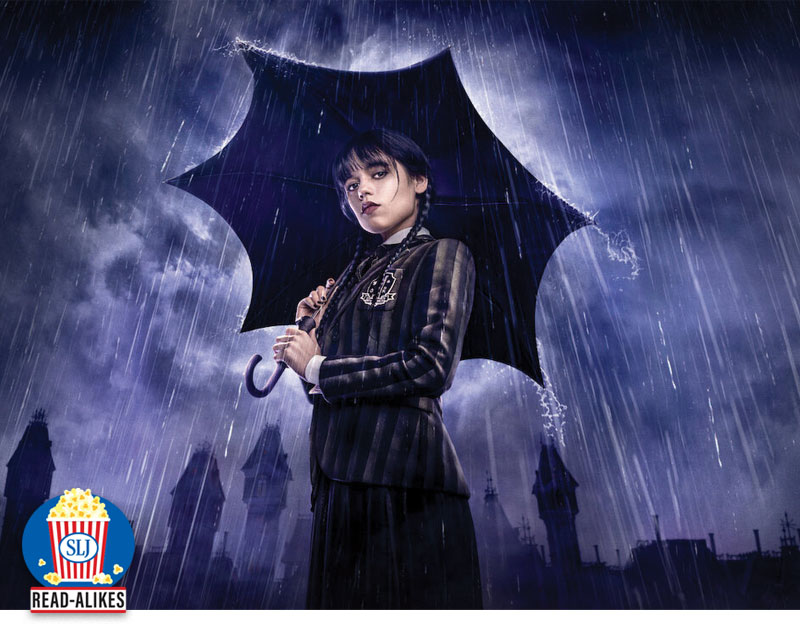Information Literacy: We Need to Be Talking About Deepfakes (and The Burning by Laura Bates)
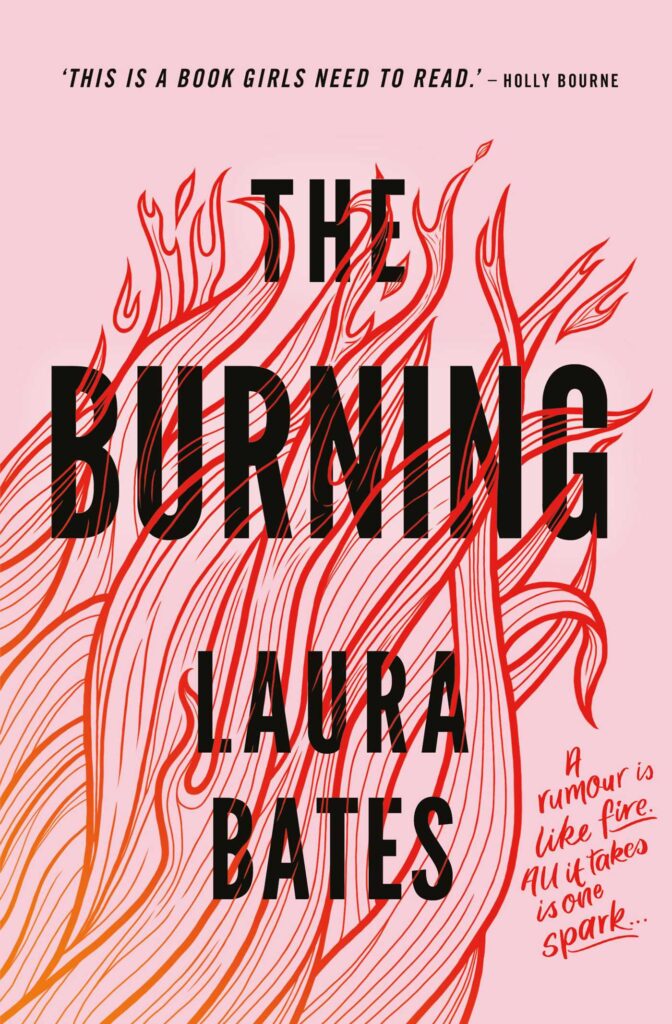
Weeks ago I was driving and heard a disturbing story on NPR that introduced me to the concept of Deepfakes. A deepfake is a video that is created by using an existing video but editing the video in such a way that it makes it look like another person is doing or saying what is being depicted in the video.
NPR: What You Need to Know About Deep Fakes and the 2020 Election
I was reminded of this topic once again while reading an ARC of the upcoming book The Burning by Laura Bates. Once again, YA literature proves itself to be on top of current events and encouraging teen readers to think deeply about important and relevant topics.
ADVERTISEMENT
ADVERTISEMENT
The Burning is the story of a teen girl, Anna, who moves to a new town to escape the torment and bullying she receives when a boy releases nude photos she shared with him. She is slut shamed and bullied to the point that simply going on seems impossible so her mother moves her to Scotland to start a new life. But as I hope we all know by now, the Internet is forever, and it isn’t too long before someone discovers Anna’s secret and the bullying and slut shaming start all over again.
This time, however, it’s different. It escalates to the point that somewhere shares a porn video that makes it appear that Anna herself is performing these sexual acts. It’s a deepfake, a friend informs her. It’s not a huge part of the story and not a lot of explanation is given, just enough to make teens aware that this is a thing that can happen. And in the context of this story, it makes sense. In this story of how social media can be used to bully and slut shame teens, adding the deepfake element is a profoundly simple yet effective way to get teens thinking about information literacy and the importance of questioning what they are seeing online.
Resources for Talking with Teens About Deepfakes
Forbes: The Best (and Scariest) Examples of Deep Fakes
KQED: Deepfakes, Can You Spot a Phony Video
Deepfakes: What They Are and Why They Matter
To help teens look deeply at the video content being shared online, you can share this checklist with them. Critical analysis is important when it comes to viewing and sharing online content, and we should make sure our teens have all the information and tools they need to be critical information consumers.
Filed under: Tech Talk, Technology
About Karen Jensen, MLS
Karen Jensen has been a Teen Services Librarian for almost 30 years. She created TLT in 2011 and is the co-editor of The Whole Library Handbook: Teen Services with Heather Booth (ALA Editions, 2014).
ADVERTISEMENT
ADVERTISEMENT
SLJ Blog Network
Name That LEGO Book Cover! (#53)
Cover Reveal and Q&A: The One and Only Googoosh with Azadeh Westergaard
K is in Trouble | Review
Fighting Public School Book Bans with the Civil Rights Act
ADVERTISEMENT



